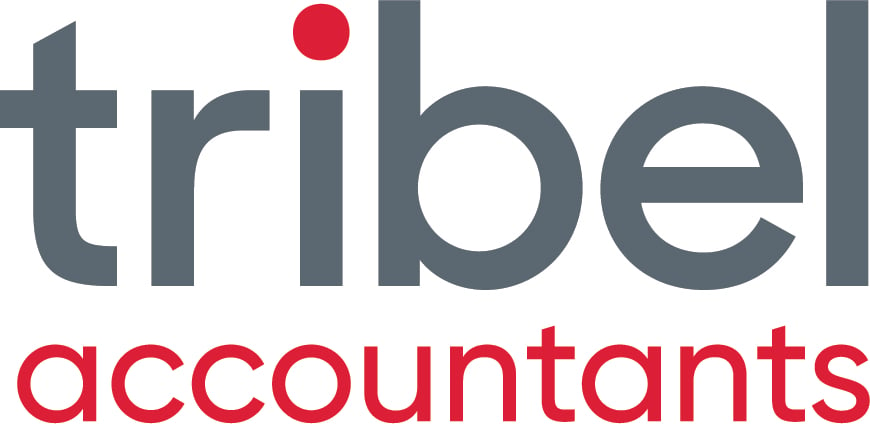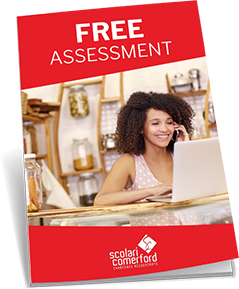INTRODUCTION:
If you have sold your business or better still prior to selling your business, understanding how much tax you may have to pay is crucial to working out whether you will be left with enough money to do things you want (pay debt, retire etc). Sometimes it is a good idea to get your business valued by a business valuer as this can have many benefits the potential tax payable not being the least of these.
The small business valuation will break up the various components and their allocated values.

Figure 1: Do you really know how much your business is worth? How much tax will you have to pay out of the proceeds? Photo courtesy Lara Scolari Gallery Balmain
1. UNDERSTAND WHAT IS ACTUALLY BEING SOLD
Especially if you trade through a company, you need to understand whether you are selling the business or whether you are selling shares in the company as the two amounts can produce a very different tax result. Small business accountants and even business valuers can sometimes get this mixed up and the ramifications can be extremely serious when it comes to working out the tax.
If the shares are being sold, they will usually take the business enterprise (plant, stock, goodwill, debtors, cash, creditors, tax liabilities, leave owing to employees and the debt owing by the company). Sometimes though plant, stock and goodwill only will be bought.
If shares are being bought, it is the shareholder who will have the potential capital gains tax to work out. If the plant, stock and goodwill are bought, the entity will have capital gains tax on the sale of goodwill but income tax to pay on the difference between the proceeds for stock and plant and their respective written down values.
If you are the owner selling, generally it is better to allocate as much to goodwill as possible as capital gains tax is usually cheaper than income tax but of course this depends on your circumstances. If you are on the other side, you want the plant and stock to be as high as possible as you will get a higher income tax deduction for depreciation and stock purchases moving forward.
2. Work Out Potential Capital Gains Tax Position
Once you know what the potential capital gain is, work out whether you have any capital losses brought forward or income tax losses that can be used. Your small business accountant Sydney and Dubbo should be able to tell you this or you should find it in your last set of prepared tax returns.

Figure 2: Agreeing not to sell until you know your tax position will keep your accountant happy!
3. Determine If You Qualify For The Small Business CGT Concessions
Once you know what capital gains amount is left, establish whether you might be entitled to the small business capital gains tax concessions which in some cases could see you pay no tax whatsoever on the capital gains tax amount.If you don't, you might still be able to qualify for the 50% discount but companies don't receive this (but shareholders selling their shares might). If in doubt consult your small business accountants Sydney and Dubbo.
CONCLUSION:
Never agree to a price unless you have worked out the tax on the transaction.
Selling for a price which you thought might be great might be absolutely minimal after the tax man takes his share!


.png?width=100&height=100&name=COVID_Safe_Badge_Digital%20(002).png)




